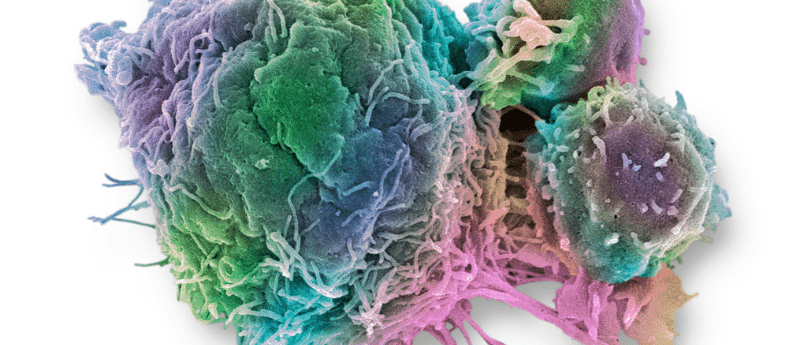The future of oncology care requires integration of patient engagement and equity into practice

Cancer is a global and national public health challenge, taking an estimated 10 million lives and costing more than US$1 trillion annually [1]. Cancer is also a case study in health disparities – the burden of who gets sick, who gets treated and who survives is distributed unevenly, with the greatest suffering experienced by low- and middle-income countries worldwide [1] and by communities of color in the USA [2].
Systemic transformation in equitable cancer care requires an acknowledgment of structural racism as a root cause of disparities [3] through embedded structures that determine eligibility and that route people to a given course of care, such as cancer risk assessment models, screening guidelines, treatment center locations, instrument calibration formulas, outcome measures and endpoints. A shared vision for equitable, high-quality care integrates patient engagement practices and antiracism strategies with health information technologies to correct these structural inequities and address cancer risk factors related to biology, patient behavior and timely access to care across populations. Further, systemic transformation requires that individuals and institutions alike accept accountability for our role in the system and commit to driving change through personal actions.
This article describes these opportunities and the actions that we can all take right now to begin dismantling structural racism in cancer and to reimagine a system that delivers equitable quality care that results in better outcomes across populations. Although our discussion describes structural disparities specific to the US black experience, we hope that the perspectives and approaches offered may also inform ways to better serve other marginalized populations living with cancer, including LGBTQ communities and people with disabilities.